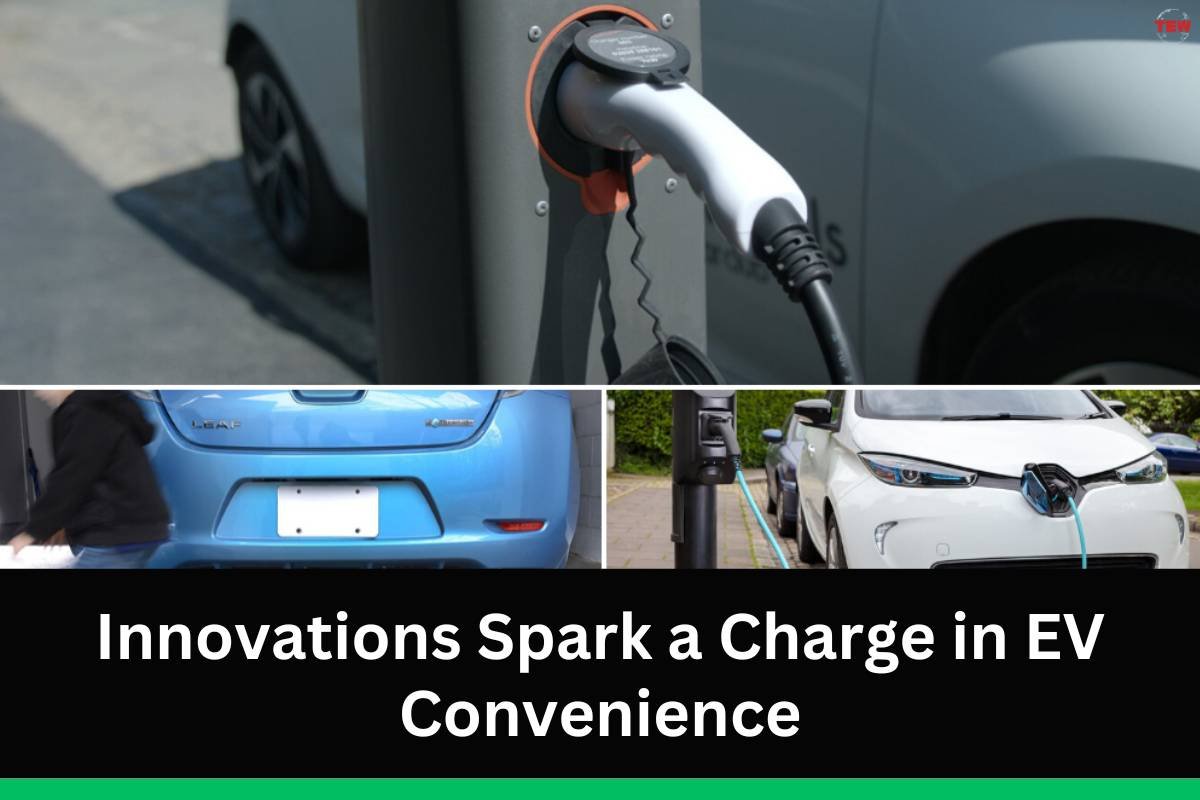The United States, with approximately 50,000 public charging stations for EV Convenience, is facing a stark contrast to the estimated 145,000 retail fuel locations for gas-powered cars. This discrepancy has fueled the phenomenon known as “charging anxiety,” where EV Convenience drivers worry about the availability of charging stations during their journeys. The scarcity of charging infrastructure, coupled with concerns about malfunctioning equipment, has prompted more than 20% of EV drivers in the U.S. to encounter charging issues, as revealed by a study conducted by J.D. Power, a prominent data analytics company.
Mobile Chargers: A New Frontier in EV Convenience
In response to these challenges, a wave of innovative startups is introducing mobile charging solutions to ease the minds of current and prospective EV drivers. These solutions range from robust metal boxes on wheels to sleek robots designed to navigate parking lots. While initial interest primarily comes from vehicle fleets, which often find themselves in locations devoid of charging infrastructure, experts predict broader adoption among everyday drivers in the future.
EV manufacturer Lightning eMotors has introduced “Lightning Mobile,” a mobile charging unit weighing 9,900 pounds and priced at over $300,000. Though not conventionally portable, it serves as a generator that can be deployed in areas lacking charging infrastructure, including remote locations, event spaces, and fleet depots. With the capacity for up to four vehicles to charge simultaneously, Lightning eMotors has experienced growing interest, particularly on the West Coast where EVs are gaining popularity.
Rolling Robots and Shareable Solutions
Another innovative solution on the horizon is the development of a rolling robot named ZiGGY by Los Angeles-based startup EV Safe Charge. ZiGGY is designed to navigate parking lots and garages, providing a reserveable, mobile charging option for drivers through a dedicated app. Although not yet commercially available, EV Safe Charge aims to deploy ZiGGY worldwide as soon as possible, potentially revolutionizing charging in urban spaces where real estate is limited, such as apartment buildings and airports.
The charging network evolving across the U.S. is crucial for bolstering confidence among drivers in using electric vehicles for long-distance travel, explains Alan Jenn, an assistant professor at the Institute of Transportation Studies at the University of California, Davis. While these developments in mobile charging offer a nuanced experience, they are anticipated to find a significant place in the future of EV infrastructure, providing solutions to charging deserts, and power outages, and enhancing overall EV Convenience for users.





